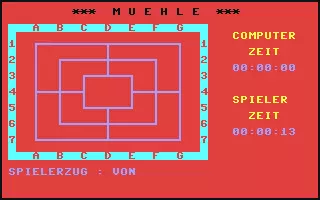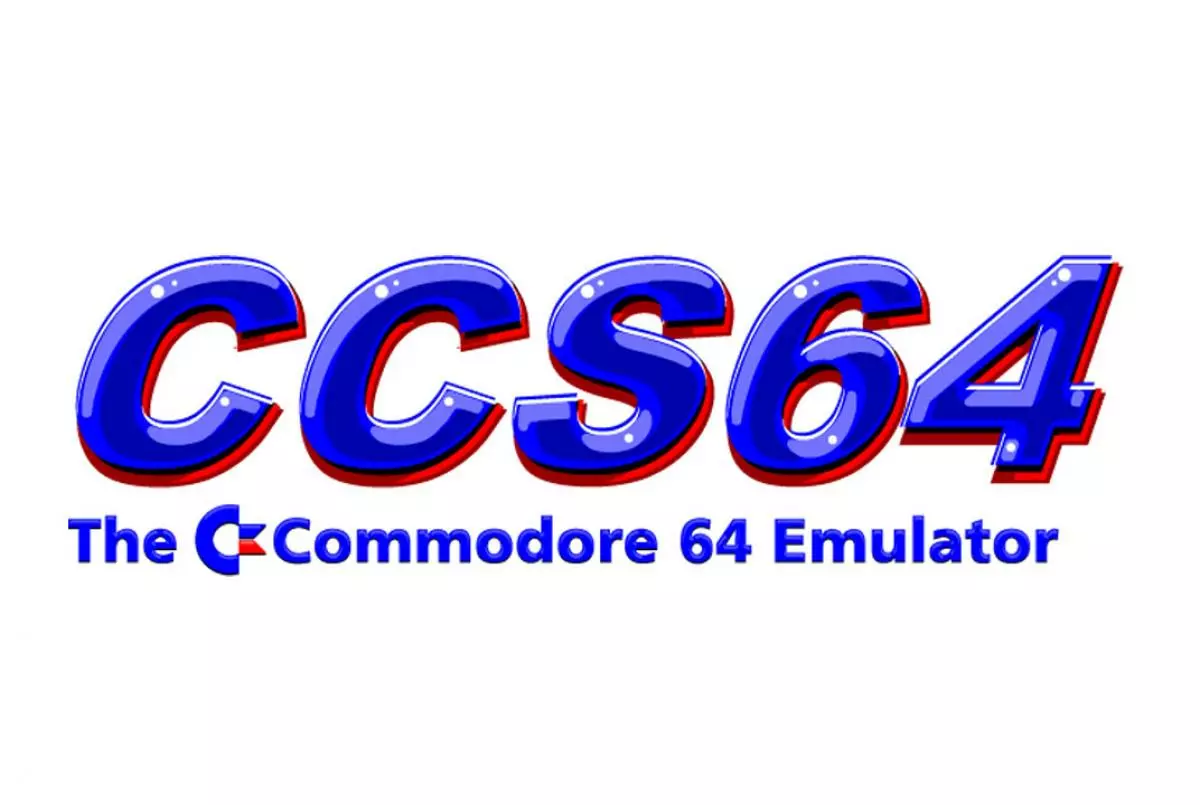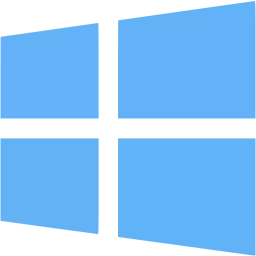
Download Game
Mühle
File information
MUEHLE4.zip 4.85 KB 95 Commodore 64 Board Game - Miscellaneous Magna Media/64'er / 1994 1 Keyboard Cartridge 13/07/2019 01/05/2024 1 times Direct Download Play in browser
About game
Game Mechanics
The colonists have six months (in beginner mode) or twelve (in normal mode and tournament) to collect the maximum points, recorded on the basis of accumulated money but also the resources produced throughout the game cycle. Each month represents a tower, where the four players go successively through the following phases: acquisition of a plot of land at the beginning of the month, exploitation of plots, production, and auction allowing to sell or acquire a resource between the players themselves and/or the store. A monthly balance sheet closes the month and the cycle resumes.
The action is focused on the acquisition and use of the 'M.U.L.E.'s, which are used to develop and exploit the production of resources that the planet provides. The mules resemble the imperial quadripodes of the film The counter-attack Empire. They are exclusively sold by the store and according to the way they are teamed (and if the land purchased is suitable) they can be used to produce energy, food, ore (the smithore, which is the material of which the mules are made) and crystitis (precious ore, only available in tournament mode). Crystite is the only resource that is not vital to the colony, it is purely lucrative and is randomly arranged at the beginning of the game, leaving the player the care to make soil samples (assay) to look for which are the most suitable grounds for its exploitation.
At the beginning of each month, players choose a plot to colonize, and then can eventually buy a second at auctions, if they take place. Once the land is acquired, the installation phase will come. The mules are the only way to exploit a bare land, hence their capital importance to take advantage of Irata's resources. They are reusable, which means that according to the strategy developed by the player, it is quite possible to unpack a mule that exploited energy resources to re-team it in order to extract ore and thus adapt production throughout the game according to its own needs and those of the colony.
Players must juggle between the offer and the demand for these resources, buying what they need and selling their surpluses, taking part in each turn at an auction sale. The price of the resource market that can evolve every month upwards or downwards according to the available stocks, one of the possible strategies is to exploit or create a lack of one in order to increase its value and to sell it more expensive in the following rounds. However, it is important to emphasize that sacrificing the production of one or another of the resources for the benefit of another has a significant impact on oneself and on the colony. A missing food player at the end of the month will have less time the following month to buy, equip or re-pack his mules, make modifications in his colonization plan, or make samples in search of a crystite mine. A lack of energy significantly lowers the player's overall production the following month. Finally, a shortage of ore (smithore) in the store would block the production of new mules, which are the cornerstone of the whole game. A good strategy to optimize its productions is to cultivate food near the river (where it is forbidden to extract ore), produce energy in the plains and extract ore in the mountains. Crystitis, for its part, can be found on any terrain.
Once the mules are installed, the operating phase results from the monthly production of the colonists. It follows the auction, where each player can fill his or her gaps or sell his or her surplus for the four resources, by dealing with the other players and the store, being a permanent buyer, but with limited stocks. During this phase, the private transaction (called collusion in the game and accessible only in tournament mode) also allows you to choose the player you want to deal with and thus favor it at the expense of others.
To take care of the game, random events come regularly to spice up the action: a fire will destroy the stocks of food, energy and ore of the store as well as the precious mules, something that can be very beneficial in case one has speculated on a shortage by storing resources, but terribly dangerous if one opts for minimal consumption on the day. A earthquake will divide by two the production of ore, a particle will stimulate the production of energy, an acid rain that of food, while a meteorite fall can create a new crystitis deposit on the ground. A player can also be the unique target of an event: a radiation that will make one of his mules crazy and that will flee, or a food production ravaged by an epidemic, not forgetting the loss of a land because it was badly recorded by local services. Conversely, we can also benefit from money gains or gaining a plot to encourage production. However, the creators of the game opted for a certain fair-play: a harmful event never affecting the player most in difficulty, and a beneficial event never affecting the player in mind. In the same spirit, in an auction, it is always the least rich player who is favored, in case of competition for the purchase at the same price of a resource between two or more players. On the margins of these events, we also note the regular appearance of a friendly creature named Wampus, who once captured, will redeem you his freedom for a hundred dollars. Not to mention the 'Pub', a kind of casino, to visit as soon as your mule is installed, to round off its end of months to the game.
Do you seek for Emulators ?
Emulation Commodore 64
- Type : Computer
- Manufacturer : Commodore International
- Media : Floppy Disk
- Emulators count : 10
- ROMs count : 24970
- BIOS count : 0








.webp)
.webp)
.webp)